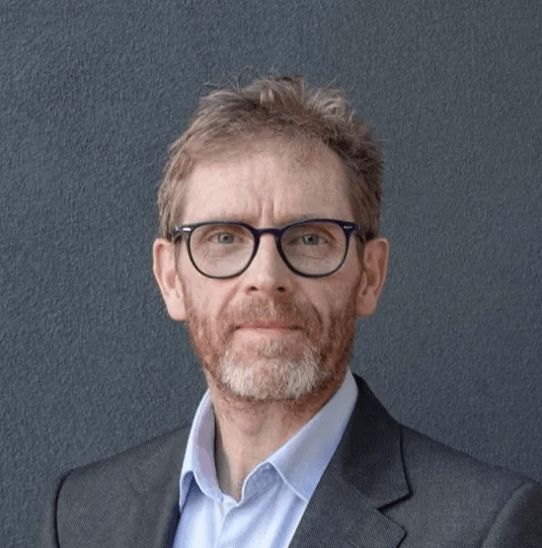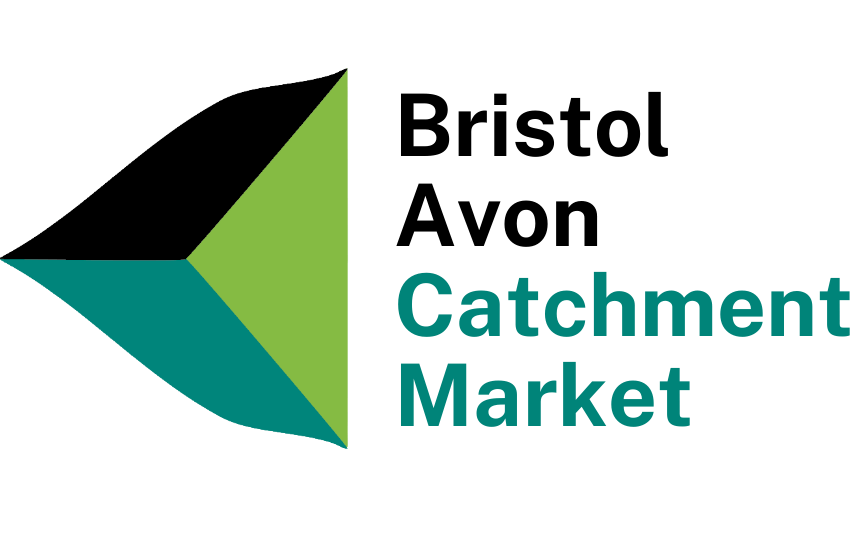
David Young is a Senior Fellow with the Broadway Initiative and lead author of the Financing Nature Recovery UK Recommendations and Roadmap
The role of markets in nature’s recovery
Environmental markets have a key role to play in unlocking the investment needed to reverse the decline of nature in the UK.
A market approach helps to quantify and value the services delivered by Nature-based projects (such as water and air quality improvements, biodiversity gains and greenhouse gas emission reductions) in a way that:
- incentivises landholders to protect and restore the natural environment; and
- provides a low-risk, efficient way for businesses to meet their environmental goals.
Bristol Avon Catchment Market - demonstrating delivery of high-integrity markets for nature
Markets for nature need clear mechanisms for price setting that can operate at a range of scales, and across the range of environmental services delivered by nature-based projects. The market settlement mechanism, developed by the University of Exeter, is an example of the environmental market infrastructure needed to provide financial and environmental transparency, the cornerstones of a high-integrity market.
Avon Wildlife Trust, Wiltshire Wildlife Trust and EnTrade have jointly developed a market to supply verified environmental services from nature.
The Bristol Avon Catchment Market is an online marketplace where:
- farmers make offers to sell environmental projects such as new wetlands, woodlands and grasslands; and
- businesses make bids to purchase credits for the environmental services delivered by these projects.
Learnings from the delivery of the Bristol Avon Catchment Market will help inform the scale-up of environmental markets across the UK.
Bringing in the experts
The market settlement process has been designed by experts from the Land, Environment, Economics and Policy Institute at the University of Exeter.
The process, known as the Lindsay Mechanism (after Dr Luke Lindsay), ensures payments are fair both for project suppliers and businesses buying environmental credits.
How does it work?
The Lindsay Mechanism ensures that:
- If a landholder (Project Supplier) is successful in a Market Round, they will receive at least the amount they offered to deliver and maintain their nature-based project. If there is a surplus in the Market they will receive a share of the surplus as well.
- If a buyer is successful in the market, they will pay the price they bid for the environmental credits, less a discount for their contribution to any surplus from the trade.
What are the financial flows?
When the market is settled:
- Successful Credit Buyers pay for their Environmental Credits
- Project Suppliers receive an upfront payment to cover the costs of designing and delivering the Project (including securing relevant consents)
- Project Suppliers also receive regular payments to cover the use of the Project Land for the term of the agreement and the costs of maintaining the Project, and the compliance monitoring required;
- EnTrade, the Market Operator, is paid a fixed amount to administer the operation of the market
Next steps
Find out more about how the market works here

